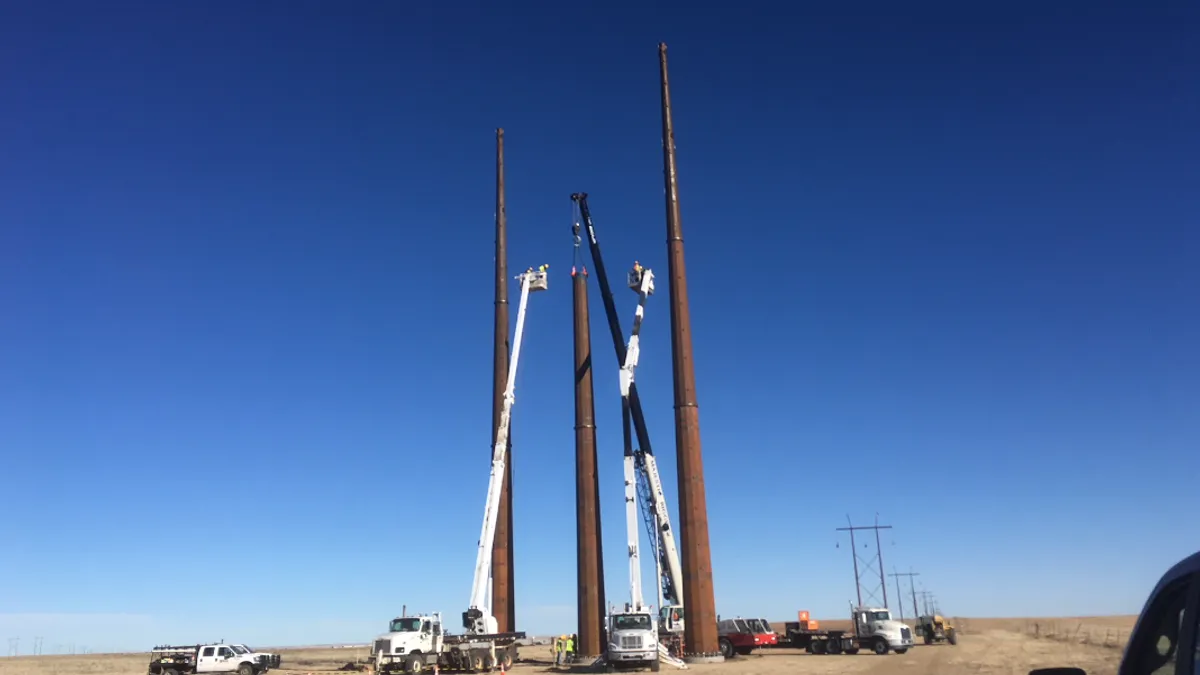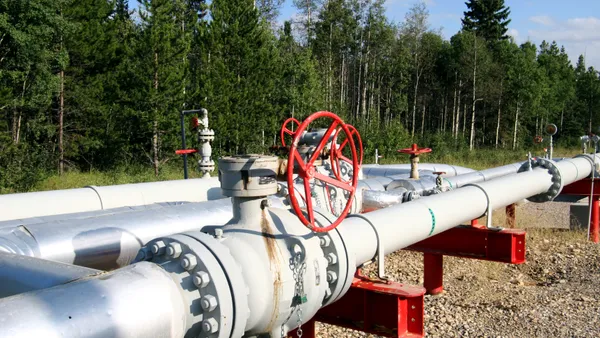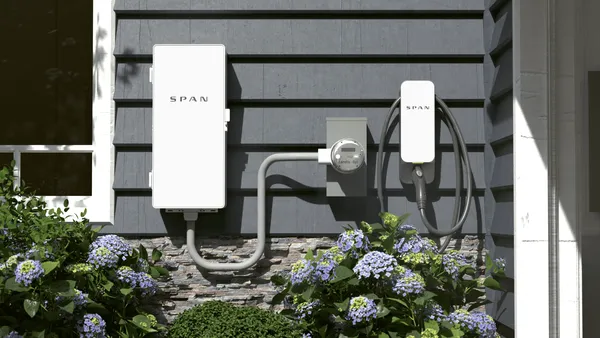Dive Brief:
- Xcel Energy’s 2024 earnings grew to $1.94 billion, up from $1.77 billion in 2023 but fell below the company's projected earnings — the first such shortfall in 15 years, President and CEO Bob Frenzel said Thursday.
- The company made sizeable investments in resiliency throughout 2024, and then warm December weather and increased maintenance expenses eroded earnings late in the year, Frenzel said.
- Executives assured investors that the company could get back on track in 2025 despite challenges such as new tariffs, shifting power demand expectations and ongoing wildfire litigation.
Dive Insight:
Xcel remains committed to its $45 billion, 5-year capital plan, which includes significant investments in reliability and renewable generation, in spite of a slow fourth quarter and a shifting policy landscape, company executives told investors during a Thursday earnings call.
The company has cut carbon emissions by 57% relative to 2005, and remains on track to reach an 80% carbon reduction by 2030, Frenzel said, “proving that our geographic advantage for renewable resources ensures that customers don't have to sacrifice costs, or reliability to achieve sustainability.”
While Frenzel said Xcel supports the Trump administration’s “energy dominance goals” and an “all-of-the-above energy strategy,” the company does not plan to add new natural gas baseload to its energy portfolio. Xcel will deploy incremental gas resources, but will continue to rely on wind and solar on account of the company's geographic advantages. Xcel could also add $3 billion to $4 billion in transmission projects to its existing infrastructure plan in light of recent transmission approvals by the Midcontinent Independent System Operator and Southwest Power Pool boards, Frenzel said.
“The real advantage that we have across our eight-state footprint, and the ability to deliver low-cost energy, with wind and solar...persists,” Frenzel said. “And so, we think that those are very valuable asset classes for our customers. They're very important for our hyperscaler and data center customers, who are trying to have their own sustainability goals, and we think that persists.”
Xcel has 1,100 MW of contracted data center customers and 8,900 MW in its pipeline, the company said.
Frenzel also noted that Xcel doesn't have any offshore wind and that it doesn't own projects on federal land, leaving him optimistic about the company's ability to work with the Trump administration’s policies in spite of recent pauses on federal permitting for wind projects. He also said Xcel was prepared to adapt to new tariffs on Chinese imports, and that the additional tariffs did not come as a surprise.
“We think any of the executive orders and any of the challenges that may be embedded in there today are things we can work through,” he said.
Brian Van Abel, executive vice president and chief financial officer of Xcel, said the company's conversations with data center and hyperscaler companies remain unchanged despite the AI training efficiency gains reported by DeepSeek earlier this month, and that the company continues to make progress toward settling claims related to the Smokehouse Creek wildfire from 2024 in northeastern Texas and western Oklahoma.
A trial related to the 2021 Marshall Fire in Colorado is scheduled to begin this September. Xcel disputes a report by the Boulder County Sheriff, which concluded that equipment owned by Xcel helped start the fire. The Marshall Fire remains the most costly wildfire in Colorado history.













